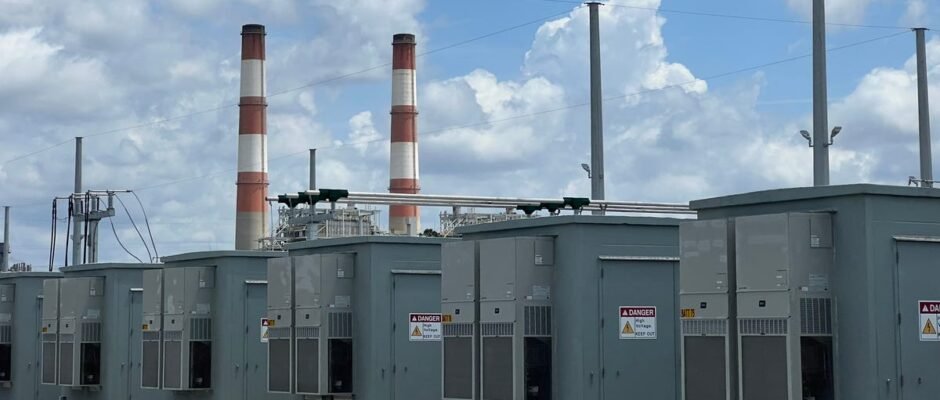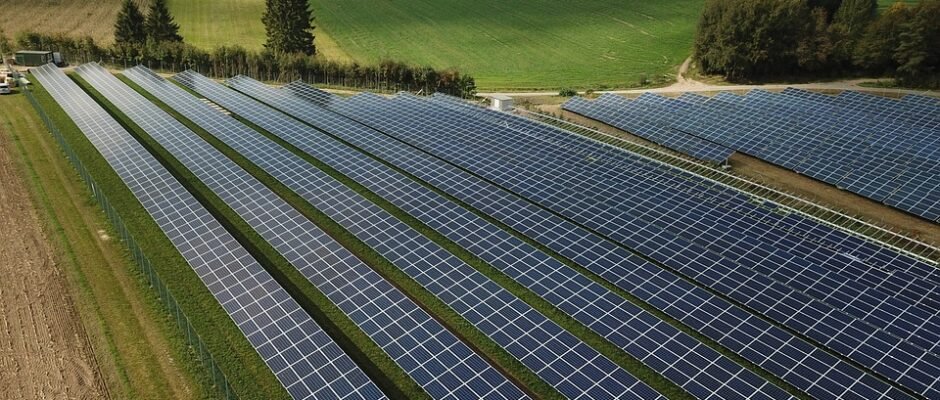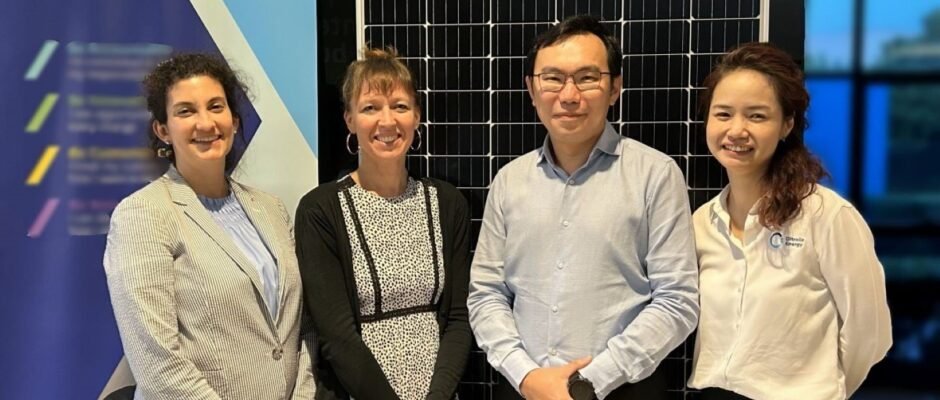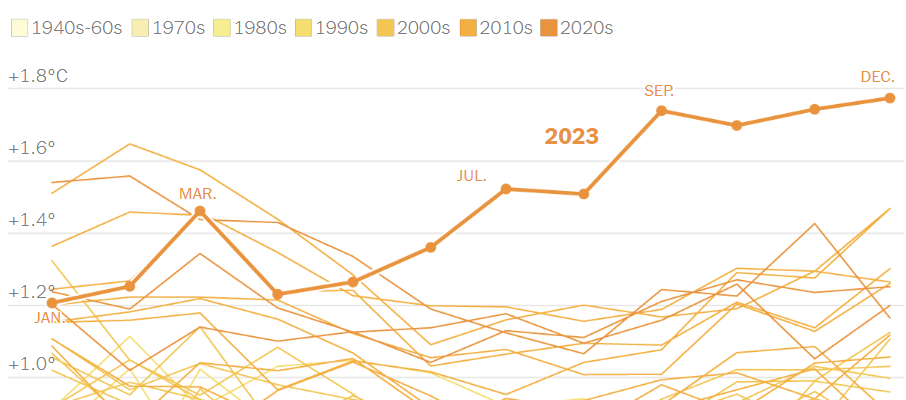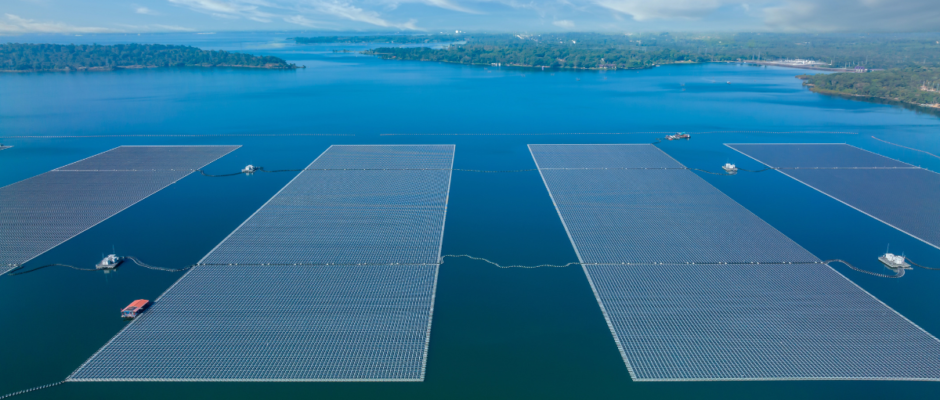Lopez business receives energy grant
USDA Rural Development Grants $37,753 Renewable Energy Grant to Lopez Garage LLC The U.S. Department of Agriculture (USDA) has recently awarded a renewable energy grant of $37,753 to Lopez Garage LLC. This grant is one of seven renewable energy projects awarded in Washington, aimed at lowering energy bills, generating new income, creating jobs, and strengthening […]





